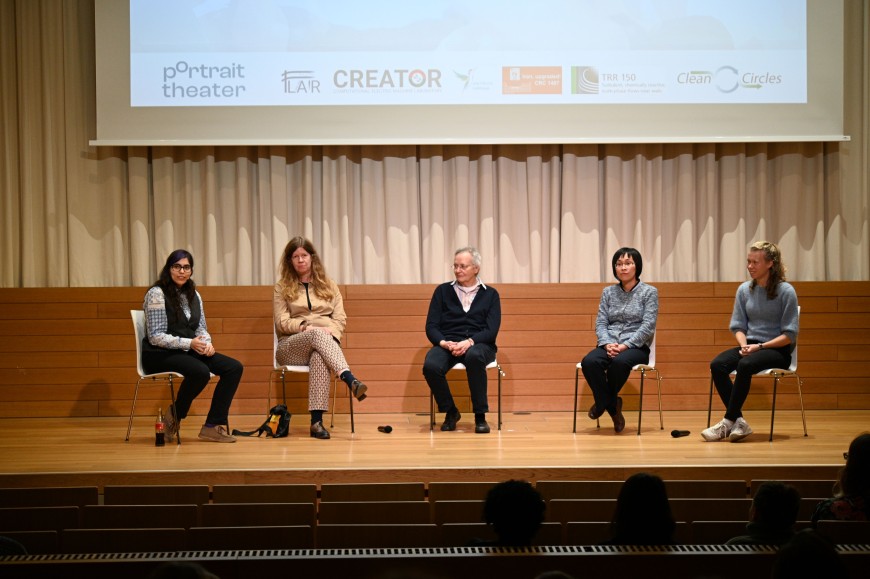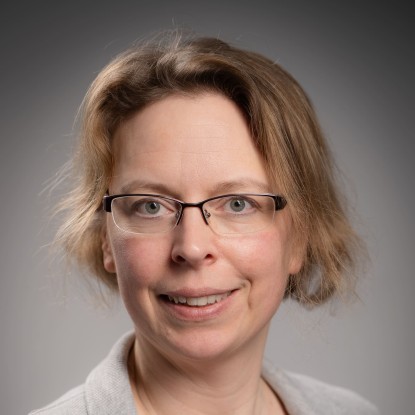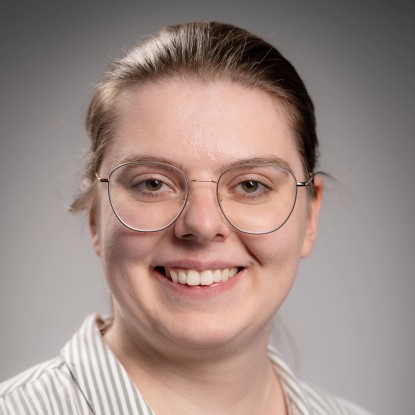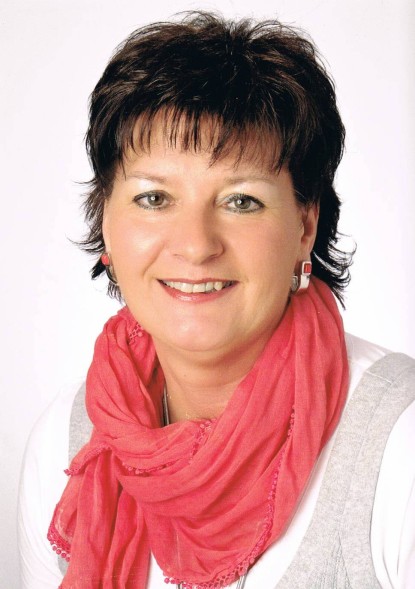Equality through the ages: from the lab to the stage
Collaborative research networks of TU Darmstadt organize joint gender equality event
2024/10/30
How did these three outstanding women, Marie Curie, Lise Meitner and Hedy Lamarr, fare in a male-dominated world at the end of the 19th and beginning of the 20th century? What rejection and doubts were they openly confronted with and how did they manage to stand up to them? How did they manage to assert themselves and be successful? A play that was performed at the TU last week attempts to provide answers.
On October 30, 2024, around 100 guests accepted the invitation of the collaborative research networks Clean Circles, TRR 150, CRC 1548, TRR 270, CRC 1487 and TRR 361 to the Wilhelm-Köhler-Saal at TU Darmstadt to see the play “Curie_Meitner_Lamarr_indivisible” performed in English language by the Portraittheater Vienna. In the around 90 minute-play, actress Anita Zieher embodies the three characters under the direction of director and author Sandra Schüddekopf. She convincingly portrays their scientific careers, their similarities but also their different personalities.
Unstoppable passion for technology and science
The three women have in common their ambition to achieve great things, their fearlessness towards innovation and the technical and scientific world, which was usually closed to women at this time, and above all their unstoppable passion for technology and science, which encouraged them to counteract the social norms of these days.
They succeeded in proving themselves and dealing with this rejection in an almost exclusively male world despite the blatantly open rejection towards them – an additional task “alongside” the complex scientific content of their work, the family obligations in the case of Marie Curie and Hedy Lamarr and the political events around the time of the two world wars. All three succeeded in convincing the most outstanding scientists of their time of their expertise and to accept them as collaboration partners.
Each of these three women lived by her own basic rule. In Marie Curie's case, it is the principle of not allowing anyone or anything to pull her down, neither people nor events. Lise Meitner's motivation was her wholehearted love for physics, which kept driving her on. Hedy Lamarr was convinced that creative people would always come up with the unexpected – a principle that applied extremely well to her: as an actress, she was regarded an outsider of the technical world, yet her invention is the basis of today's encryption technology. This was indeed completely unexpected – especially at that time coming from a woman.
Panel discussion with female TU scientists
An open rejection of women in science and technology like it was back then, does not occur today anymore, but have we really reached our final goal? Which difficulties from earlier times do still exist today? After a short break with refreshments at the buffet, these questions were then discussed on the podium among the director of the play, Sandra Schüddekopf, Professor Emeritus of Biology Felicitas Pfeifer, Professor of Materials Science Bai-Xiang Xu, and Antje Vahl, PhD-candidate in Mechanical Engineering, moderated by Dr. Laura D'Angelo from the Equal Opportunities Team of the Department of Electrical Engineering and Information Technology.
The common ground of the three TU members is that they work in the natural sciences and engineering – although at different career stages, from recent Master's graduate over young professor up to emeritus professor. Thus, perspectives from different career levels, but also the view of different developments over time, were included in the discussion.
Questions from the audience were also included. The discussion revealed that networks and personal recommendations or mentoring from those who have already established themselves in the field are just as important today as they were back then. The phenomenon that many female scientists and engineers feel the need of having to prove their competence even more in a time where measures against the underrepresentation of women are in act was addressed, as well as that they often face more detailed questioning in job interviews than their male competitors.
The audience expressed their appreciation for the choice of the event’s format. And the three principles of Marie Curie, Lise Meitner and Hedy Lamarr are certainly just as helpful today as they were then.
involved collaborative research networks/cst/pb






